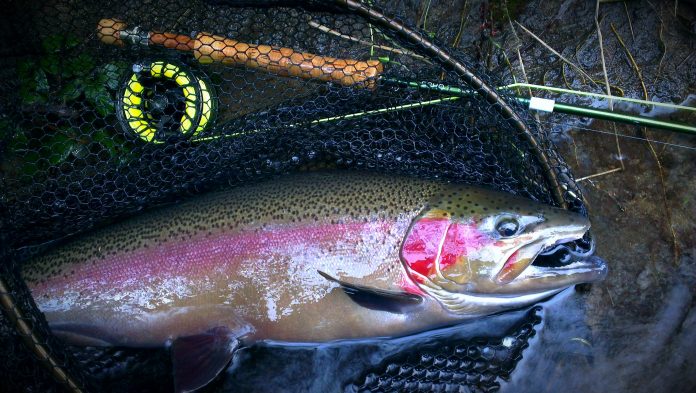The EU has approved new measures to revamp its fisheries control system. Under the new rules, all EU fishing vessels must carry a tracking device to enable national authorities to locate and identify them regularly. This will ensure full traceability of catches, as they will be reported electronically.
The new regulations were approved with 438 votes in favor, 146 against, and 40 abstentions. Small-scale vessels may be exempted from this obligation until 2030, while all small-scale fishing fleets will have up to four years to adapt to the new requirements.
The European Commission proposed revising the fisheries control system in 2018 to modernise and simplify the rules for monitoring fisheries activities and to ensure compliance with the Common Fisheries Policy.
The new EU law aims to improve the management of sea resources by collecting more accurate data. Regardless of size, all EU vessels must register and declare their catches digitally, including fishing logbooks, transhipment declarations, and landing declarations. Masters of vessels less than 12 meters long can fill out and submit simplified declarations at the end of each fishing day once they are safely docked.
Moreover, recreational boats will have to declare their catches for the first time. National authorities or the Commission will set up electronic systems for this purpose.
Harmonisation of sanctions and margins of tolerance
The Regulation addresses the current discrepancies between EU countries regarding imposing sanctions. From now on, the value of fishery products caught by a vessel will determine the minimum level of fines imposed in the event of serious rule violations.
To ensure a reasonable margin of error, a 10% difference in estimated and actual weight will be set per species for caught fish upon landing. However, there will be some exceptions for small-volume catches and specific species.
Ensure landing obligation and traceability along the supply chain
To guarantee respect for the so-called landing obligation, EU vessels of 18 meters or more that may pose a high risk of non-compliance will have to carry on-board remote electronic monitoring systems, including closed-circuit television, at the latest four years after the entry into force of the legislation.
Operators must retain information from across the supply chain, from the sea to the plate, from the first sale to the retail stage of fishery and aquaculture products. The digital traceability of fish and its derivatives should help reinforce food safety, ensure fairer competition, and combat illegal, unreported, and unregulated fishing.
“We have reached a balanced agreement for the EU’s fisheries sector. The new control rules will be harmonised and more transparent, with fully digital procedures,” stated rapporteur Clara Aguilera (S&D, ES). “Fishers will have four years to adapt to the changes and the small-scale fisheries sector will benefit from simplified reporting obligations. With this, MEPs are responding to the demand of consumers for information about the origin of all the food they eat,” she added.
After the Council formally adopts the regulation, it will come into force 20 days following its publication in the Official Journal. However, member states and fishing fleets will have sufficient time to adjust as they implement several measures.

